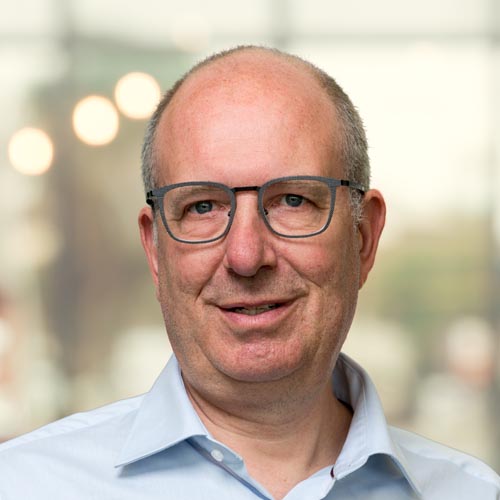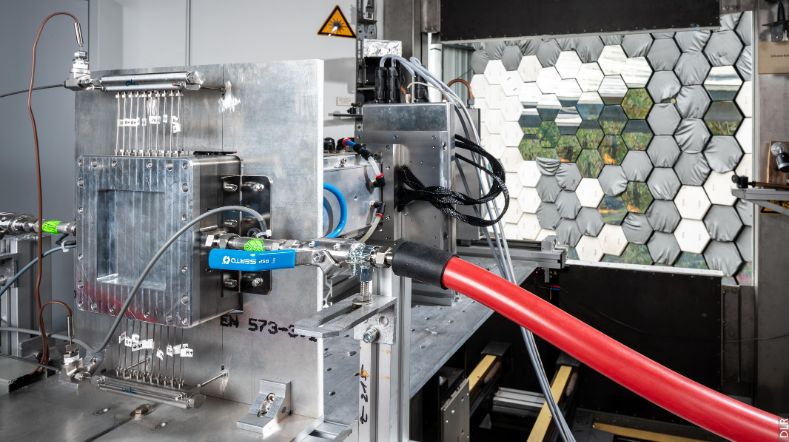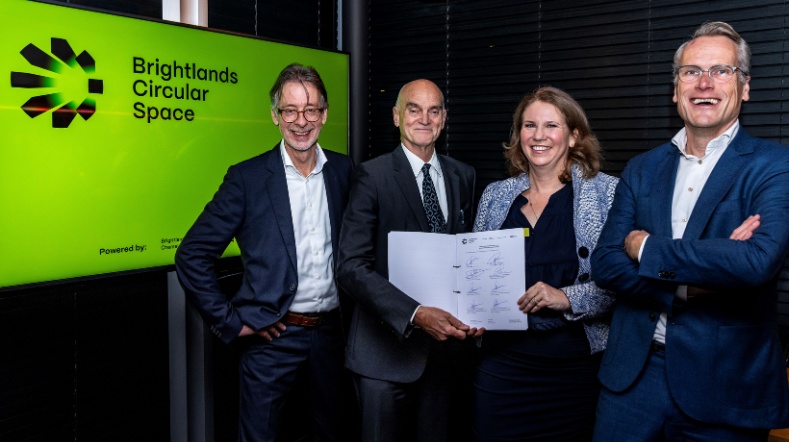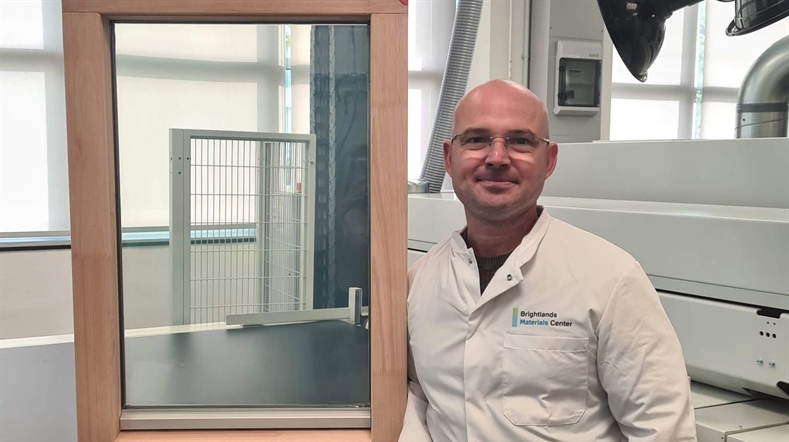
Time setters: From nuisance seaweed on the beaches to useful raw materials
At TNO, we make a mark on our time. In this monthly series, you’ll meet the TNO employees behind the innovation – the time setters. What do they do and what impact does their work have on society? In this episode, we introduce you to Luisa Flechas, business developer of bio-based and circular technologies. Luisa will show you how we at TNO use seaweed as a feedstock to produce chemicals and materials.
Curious about this piece of gold treasure hidden from the sea? Our expert Jaap van Hal, biorefinery innovation manager, tells you more fun facts about seaweed.
Why seaweed?
Seaweed, or macroalgae as it is actually called, is one of the fastest-growing biomasses in the world. Jaap explains: ‘Seaweed only needs light, CO2, and nutrients from seawater (e.g. nitrogen, potassium, and phosphorus) to grow.’
In some places however, this enormous growth rate of seaweed is leading to clogged beaches full of 'smelly seaweed', and is a threat to tourism in the Caribbean, for example. This is a consequence of climate change and over-fertilisation, among other things.
But at TNO, we see seaweed as a useful raw material for new products and are developing sustainable solutions for this nuisance seaweed.
‘Seaweeds come in red, brown, and green varieties. They all have a different composition, but their similarity is that they are rich in sugar-type,’ says Jaap. ‘We can convert those sugars into bioplastics or bioethanol, for example.’
This 'hidden champion of the ocean' can help us transition to a more sustainable society by cultivating sustainable resources for energy and material transition. Due to its high growth rate and composition, seaweed is suitable for accelerating the transition to a bio-based, circular, sustainable, and just society.
Extracting raw materials from seaweed. How does that work?
‘From the seaweed, we release the substances and “cut” them into smaller pieces via a chemical process, making them suitable for further conversion.’ Jaap explains: ‘We take seaweed, then use an analytical device to see which sugars are in it, and then we release the sugars from it.
We do this using a chromatographic separation method. This device separates the sugars and determines the amount based on their chemical properties.
Once we know what sugars are in it, we release the sugars from the seaweed and make sure it is suitable for the conversion step we have in mind.’

‘You’ve most likely been in contact with seaweed in the past 24 hours, for example in your toothpaste.’
What can you make from seaweed?
Several applications can be produced from seaweed ‘At TNO, we release the sugars and send them to a project partner, e.g., Wageningen or the DTI (Danish TNO). They then turn it into bio-ethanol, for example, and DTI mixes this bioethanol with pure petrol to make the well-known E10 petrol at the filling station.’
But seaweed is used in many more applications. Jaap stressed: ‘There are seaweed products everywhere without people knowing it. You’ve most likely been in contact with seaweed in the past 24 hours.’
Seaweed is present in chemicals, clothing (cellulose from seaweed), materials, biofuels, animal feed, bio-coatings (paints), but also a lot in cosmetics and personal care products, such as lipstick and skin and hair products (the soapy ones). And even in one of the product you most likely use every day: toothpaste.
‘Making toothpaste into a real paste requires alginate, among other things. Alginate always comes from seaweed. You’ll recognise this product on the packaging as E400 to E403.’
The same alginate is also used in cardboard boxes, as a durable and functional replacement for plastic film. Alginate is also used for the mould of your teeth at the dentist for dental fixtures. And even nowadays is being used in feminine hygiene products, for instance in a tampon.
Want to be a time setter?
Come work at TNO and make your mark on our time.
Get inspired
VoltaChem Year Event 2025
Renewable syngas: essential for industrial decarbonisation


Western North Brabant becomes hotspot for biobased building blocks for the construction industry


New facility to develop circular plastics on an industrial scale


Time setters: Smart windows bring climate-neutral living a step closer


